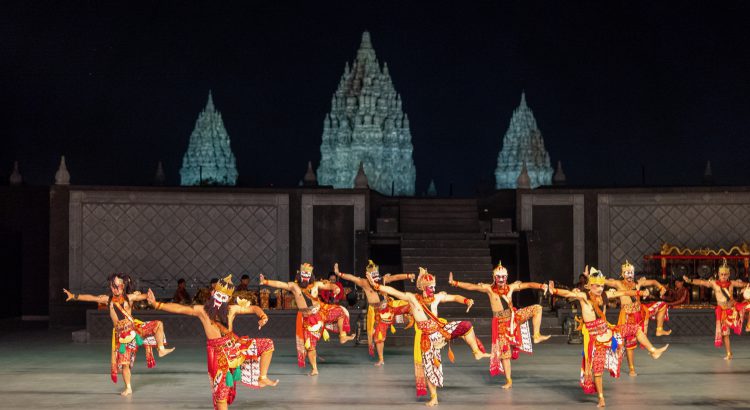.webp)
Vasant Shinde
Rama Katha, Rama's journey as a prince, his battle for recovering his wife Sita from the capticity of Lankan King Ravana, are among the world's greatest poems. The story starts from India and goes to south-eastern countries. It is an important thread in studying culture, religion, history, and literature.
The story became so ingrained in the culture of the Southeastern countries that each created its version reflecting the culture's characteristic values and beliefs. As a result, there are more than a hundred independent stories of Ramkatha in the southeastern countries.
Thailand has the Ramaken (Thai version of the Ramayana) as its national epic. There is a strong belief here that the beginning of the epic Ramayana etc. It happened in the thirteenth century. This version is widely studied and used extensively for theatrical adaptations. This design belongs to King Rama (first) of Thailand. The historical name of Thailand is 'Ayuththaya', which is analogous to Rama's word Ayodhya.
Ramayana being staged in the Phillipnes
In the Philippines, Ramayana is popularly known as 'Darangen'. In this story too, there is a story about Princess Gandigan being abducted by evil forces. In the same section, natural calamities are mentioned one after the other. Prince Bitangun protects the princess from all this. This story is also presented through several Singkil dance forms.
The Malaysian version of Ramayana is called Hikayat. It is believed that Rama Katha reached Malaysia from Tamil traders. The only difference here is that Ravana is depicted as an all-rounder and Ram as arrogant.
In Myanmar, Ram Katha is known as 'ama Zatdaw and is sometimes considered as part of Jataka. Here Rama is mentioned as 'Yama', while Sita is mentioned as Thida. It is believed to have happened in the eleventh century. Now the story is influenced by Thai, Javanese, and Malay. The story is told through traditional Burmese dance style. In this depiction, the story is presented through very ornate costumes. So it feels different from Ramakatha elsewhere.
'Di Phra Lak Phra Ram' is the Lao version. It is an important document in Laos and thus its national epic. But here the story has a twist. Phra Rama is believed to be an incarnation of Gautama Buddha. He is the leading religious authority. At the same time, Lao Ravana is considered an incarnation of the demon Mara. The Ramayana takes place along the sacred river Mekong in Laos.
 Ramayana being staged in Indonesia
Ramayana being staged in Indonesia
The popularity of the Ramayana in Muslim-majority Indonesia is certainly admirable. Many important activities in Indonesia include Ramakatha. Here the story of Rama is presented mainly through a puppet show. This story takes many nights. The story is the same till the middle of Ramakatha, But then there are many twists and turns. In Cambodia, Ramayana is referred to as 'Rimkar'.
ALSO READ: Ramayana commemorative stamps: From India's first Valmiki stamp to Thailand's 3D Hanuman
In it, Rama is known as 'Frih Ram' and Sita as 'Nenga Seda'. The character of Hanuman in this story is very popular, But he is given the highest honour. The duel between Hanuman and the sea monster in the sea is considered to be very exciting. In this story, when Sita is asked to undergo an ordeal by fire, she realizes its meaning and leaves Rama for refuge with the sages. This is the main difference between the original Rama story and the story here.
(Dr. Vasant Shinde is a renowned archaeologist and one of the foremost scholars in South Asia. He is a Former Vice-Chancellor of the Deccan College, Post-Graduate and Research Institute, Pune.)
